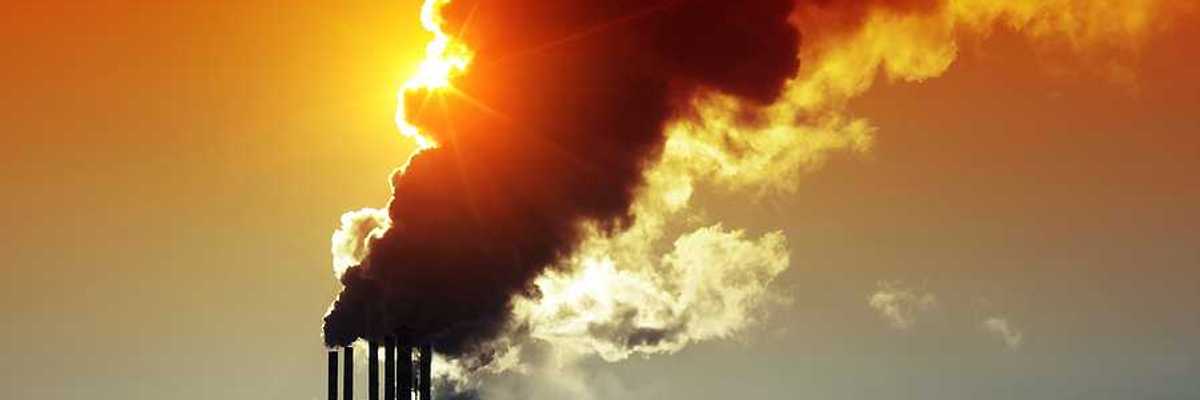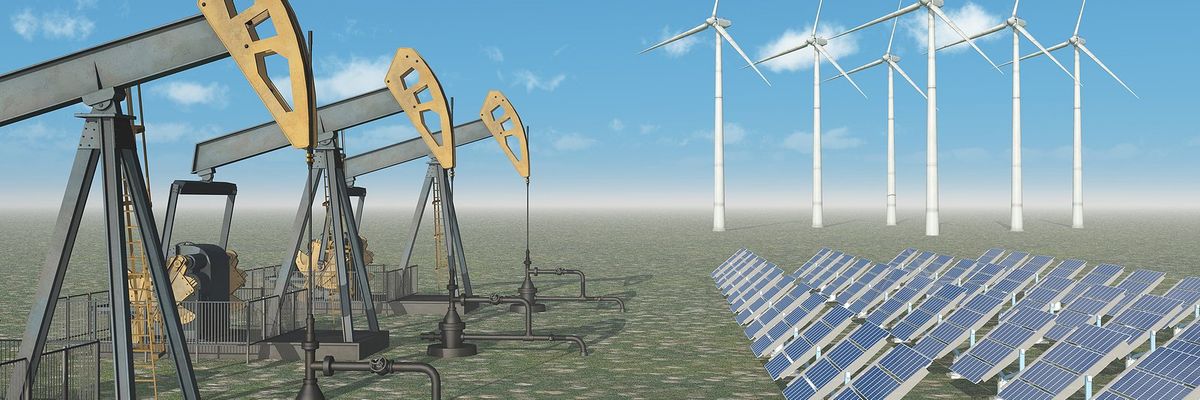andes
Glaciers in the Andes are shrinking to record lows
Tropical glaciers in the Andes are smaller than they have been in more than 11,000 years, raising concerns about water supply and climate change impacts in the region.
In short:
- Research on glaciers in the Andes shows they are now smaller than at any time in the last 11,700 years, according to a new study.
- Scientists studied beryllium-10 and carbon-14 in bedrock, revealing that these glaciers are shrinking faster than expected and are now at unprecedented lows.
- The shrinking glaciers threaten water supplies for millions in South America and act as indicators of climate change.
Key quote:
“It’s a sad milestone to hit for these glaciers.”
— Emilio Mateo, researcher at the Aspen Global Change Institute
Why this matters:
Shrinking glaciers threaten water resources crucial for agriculture and human consumption in South America. The situation highlights the need to address climate change impacts on vulnerable ecosystems and communities worldwide.
Related EHN coverage:
Winter heatwave in Andes is sign of things to come, scientists warn
Exceptional winter heat in the Andean mountains of South America has surged to 37C, prompting local scientists to warn the worst may be yet to come as human-caused climate disruption and El Niño cause havoc across the region.
Why the rush to mine lithium could dry up the high Andes
Climate lawsuit breaks ground as German judges visit Peru glacier
Lawyers working on a groundbreaking climate lawsuit said it had entered a decisive phase after judges from Germany visited a glacial lake in the Peruvian Andes to assess flood risk, which the case links to emissions from European electricity giant RWE.
Glaciers: Thin ice suggest Andes faces 'peak water' sooner than thought
People living in the Andes in South America will reach “peak water” – defined as a declining availability of water – much sooner than expected because the glaciers they rely on have been found to be much thinner than thought.
Water supplies from glaciers may peak sooner than anticipated
The world’s glaciers may contain less water than previously believed, a new study has found, suggesting that freshwater supplies could peak sooner than anticipated for millions of people worldwide who depend on glacial melt for drinking water, crop irrigation and everyday use.









